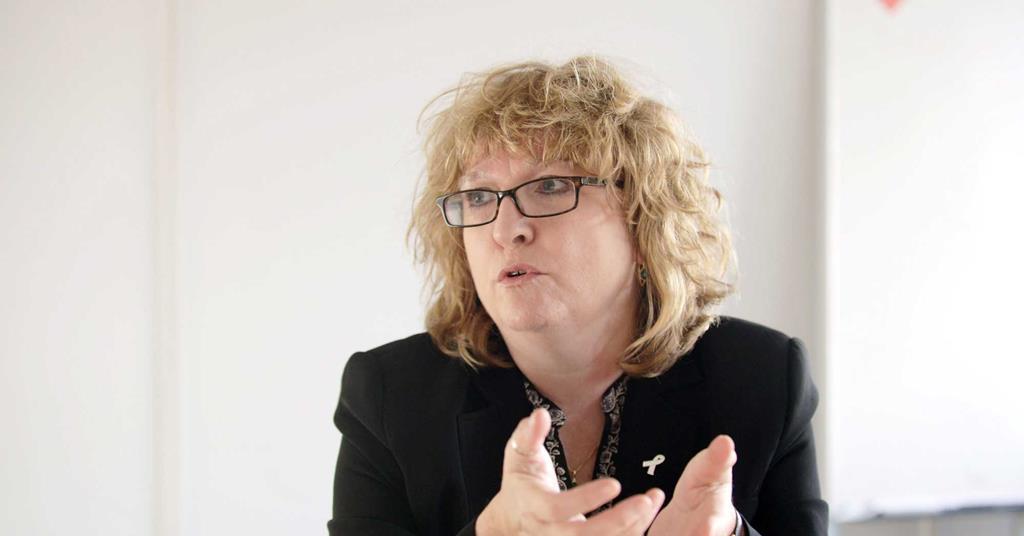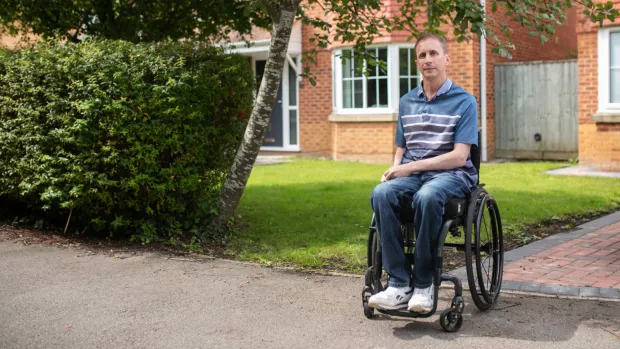The Law Society has raised concerns about the prolonged delays in the family justice system, leaving children in a state of legal uncertainty. According to data from the Children and Family Court Advisory and Support Service, children separated from their parents by the state are facing an average wait of 46 weeks before receiving a final decision on their living arrangements. Shockingly, in thirteen targeted regions in England and Wales, this ready duration exceeds the government’s advocated goal of 26 weeks.With over 80,000 youngsters presently worried in personal own circle of relatives regulation proceedings, pressing movement is wanted to cope with the dire situation.
Rising Backlogs and Delays in Family Courts:
Court statistics indicate that the duration of private family law cases in 2022 reached a staggering 44.9 weeks. Such lengthy delays have profound implications for the children involved. Law Society President Lubna Shuja emphasized that amidst discussions about the growing backlogs in family courts, the most crucial aspect often overlooked is the impact on the children. As the watch for selections stretches longer, tensions among events increase, undermining the collaborative and child-focused method to own circle of relatives separation that bought to be prioritized.
Dismal State of the Family Courts System:
Cris McCurley, a member of the Law Society’s Access to Justice Committee, expressed deep situation over theoverall state of the family courts system, which has suffered from years of austerity cuts and neglect. The repercussions of this neglect are heart-wrenching for practitioners who witness the consequences firsthand. There is an urgent need for substantial investment to revitalize the family courts system.
Call for Early Legal Advice and Support:
In response to the crisis, the Law Society is urging the government to reinstate early legal advice in family law cases. Providing parents with comprehensive legal guidance will empower them to better understand their rights and explore available options for resolving disputes involving their children. Restoring this vital support will not only expedite the decision-making process but also ensure that parents are equipped to make informed and responsible choices for their families.
Rethinking Mandatory Mediation:
While the government’s consciousness lies on introducing obligatory mediation in own circle of relatives instances as a potentialsolution to the backlogs, the Law Society highlights that mediation may not always be appropriate. Instead, a comprehensive approach that incorporates both mediation and legal guidance could be more effective in addressing the complex and varied needs of families navigating the legal system.
Conclusion:
The plight of children entangled in prolonged legal limbo demands urgent attention and action. With significant backlogs and delays plaguing the family courts system, the emotional and psychological well-being of these children is at stake. The Law Society’s call for fresh investment in the family justice system, coupled with the restoration of early legal advice, presents a viable roadmap to alleviate the burdensome delays and provide much-needed support to families during these trying times. As a society, it is crucial that we prioritize the welfare of our children and ensure that the family courts system operates efficiently and compassionately to safeguard their best interests.


